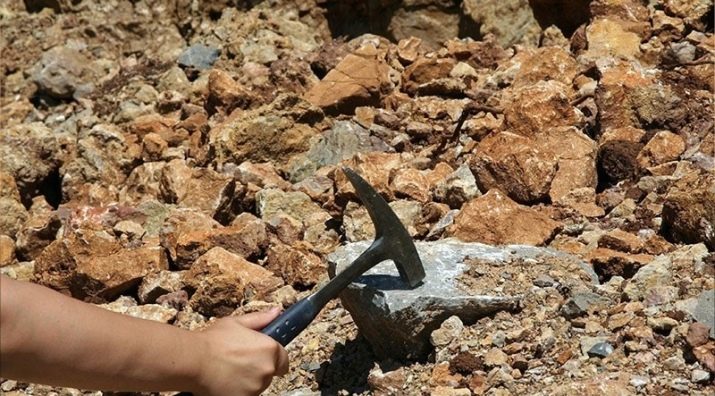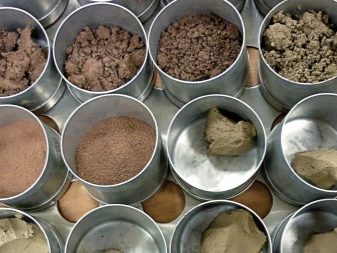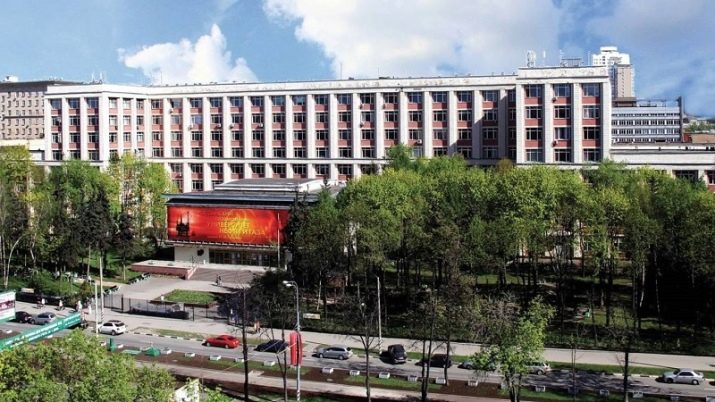Recently, there is a modernization, optimization and even the elimination of certain professions. But there are areas of human activity that, without specialists, simply cannot develop. These include geology in general and the profession of geological engineer in particular.

Profession Features
Engineering geology is an inseparable part of the construction sector and sectors of the economy associated with the bowels of the earth. Specialists in this profession gain knowledge in two areas:
- engineering;
- geology.
In the engineering field, skills are acquired in the implementation of competent drawings, various engineering calculations, analysis of estimated works, and the ability to use technical and scientific literature, the laws of chemistry and physics in their work is developing. In the field of geology are studied: the structure of the earth's crust, soil composition, rock features, analysis of weather conditions and so on.
Work as a geological engineer has its pros and cons. The pluses in the first place include a rather high level of salary, as well as all the opportunities and conditions for scientific and useful national economic discoveries. The disadvantages of the profession include:
- high share of responsibility;
- frequent and lengthy business trips;
- work outdoors with specialized equipment, often in difficult conditions.
Specialists in this field of activity should possess such personal qualities as perseverance, attentiveness and accuracy. Especially important is the ability to focus on the details and analyze a large amount of source and current data.

Responsibilities of a Geological Engineer
One of the main duties of a geological engineer, prescribed in the job description of specialists in this profession, is the organization and conduct of geological research to assess the stability of buildings and structures. This is especially important in the construction of multi-storey buildings, large transport bridges, power lines and other complex engineering facilities.
The duties of a specialist in the field of geology include the following items:
- study of soil and soil surface in a given area;
- collecting samples and samples of soil and soil for laboratory research;
- preparation of reports and passports on the work performed;
- substantiation and protection of reports to the relevant supervisory authorities.
In the field of engineering, before starting direct construction or reconstruction of a structure, a geological engineer must:
- to investigate and examine the condition of the object (in case of restoration);
- draw up on your own or study the finished estimate documentation for the validity of the materials planned for use;
- carry out technical control during the execution of work at each stage of construction.


Education
To obtain a higher education in the specialty “Geological Engineer”, you must enter one of the specialized higher educational institutions. Here is a small list of such universities for example.
- Russian State University of Oil and Gas named after Gubkina I.M.
- Russian State Geological Exploration University named after S. Ordzhonikidze.
- Moscow State University M.V. Lomonosov, Department of Geology.
After graduation, graduates of these institutions can work in the following specialties: geologist, hydrogeologist, geological engineer / hydrogeologist, research engineer. Having completed education in the direction of “Geology” in a secondary special educational institution (college), you can get the post of technician-geologist / hydrogeologist, technician-geophysicist and some others in profile.
Currently, given the highly developed Internet technologies, one can even remotely take advanced training courses in one's specialization or its expansion.

Place of work
Today, the profession of geological engineer is to one of the prestigious and sought after. The average salary of such a specialist in Russia is on average from 35 to 120 thousand rubles, and even higher in Moscow and the Moscow Region (from 50 to 370 thousand rubles)
The place of work of specialists in this area can be various kinds of organizations. Most in demand are specialists in construction companies, exploration enterprises, enterprises engaged in mining and processing of minerals.
Graduates of this specialty have promising opportunities to engage in research activities and conduct laboratory tests on modern equipment.











